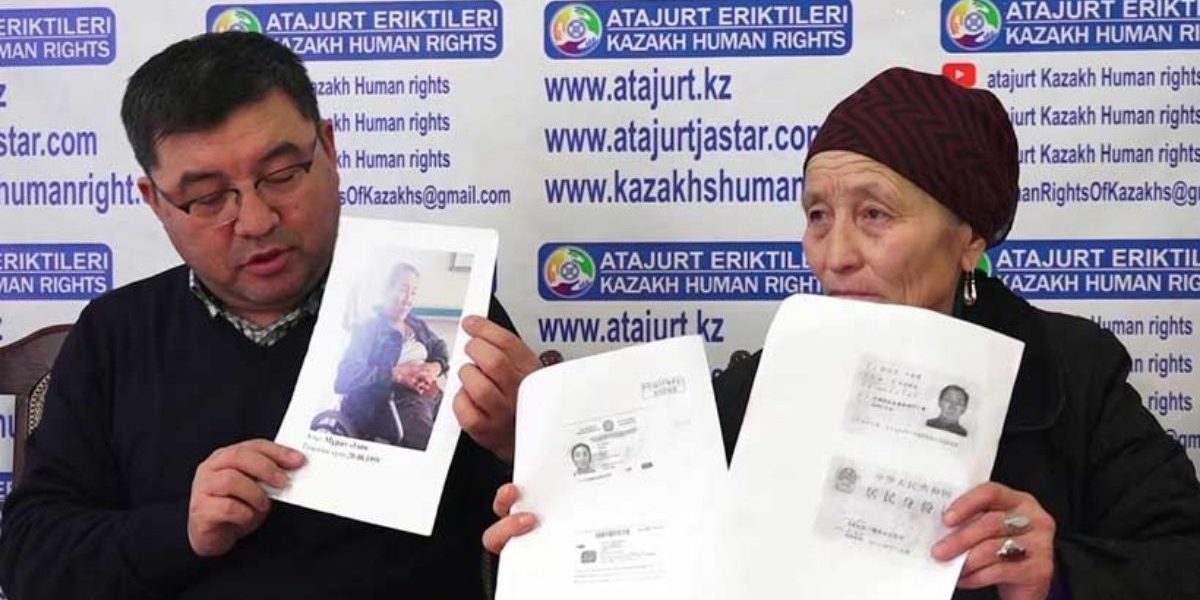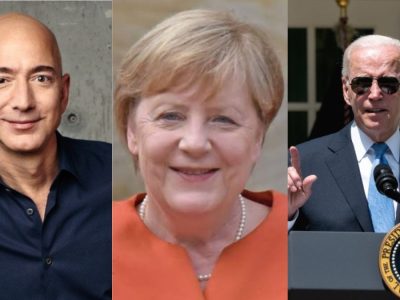YouTube removes videos of human rights group drawing attention to Xinjiang

The videos on the channel of Atajurt Kazakh Human Rights, a human rights group, drawing people’s attention to the breach of human rights in China’s Xinjiang region has been brought down by YouTube.
The group that publishes testimonies from family members of those who have disappeared in Xinjiang was blocked by YouTube on June 15 for violating YouTube guidelines afters its videos were reported for breaching the ‘cyberbullying and harassment’ policy. While some videos were reinstated after an appeal to YouTube, others remain blocked without any justification from YouTube.
The group has published around 11,000 videos since 2017 and is recognized by eminent Human Rights organizations. The videos show relatives of those detained in the Xinjiang region. To support their claims, the relatives also held ID cards as proof of their relation to those who have disappeared. Serikzhan Bilash, the group’s co-founder has been warned against using the word ‘genocide’ multiple times by Chinese authorities.
When inquired by Reuters as to why the channel was removed, YouTube said because it violated YouTube’s policy of not sharing personal information. YouTube eventually restored the channel on June 18 but insisted that the IDs be blurred.
Hesitant about blurring IDs in fear of risking the trustworthiness of the videos, the channel’s administrators have decided to move to a new and relatively unknown platform Odysee to share the videos.
While making a shift to Odysee, the channel was informed by YouTube that its videos will be removed due to concerns about promoting violent criminal organizations.
Frustrated with YouTube’s guidelines and neverending policies Bilash told Reuters, “There is another excuse every day. I never trusted YouTube. But we’re not afraid anymore, because we are backing ourselves up with LBRY. The most important thing is our material’s safety.”
Upon question, YouTube responded that the messages sent to Atajurt were part of the automated communication. It further said that the videos were kept private to allow administrators to make the edits.
According to the UN and other human rights groups, more than a million people belonging to Uighur and Muslim minority communities have been detained in China’s Xinjiang region. The camps subject the people to repeated abuse and ideological training. China has maintained that all accusations are false.



